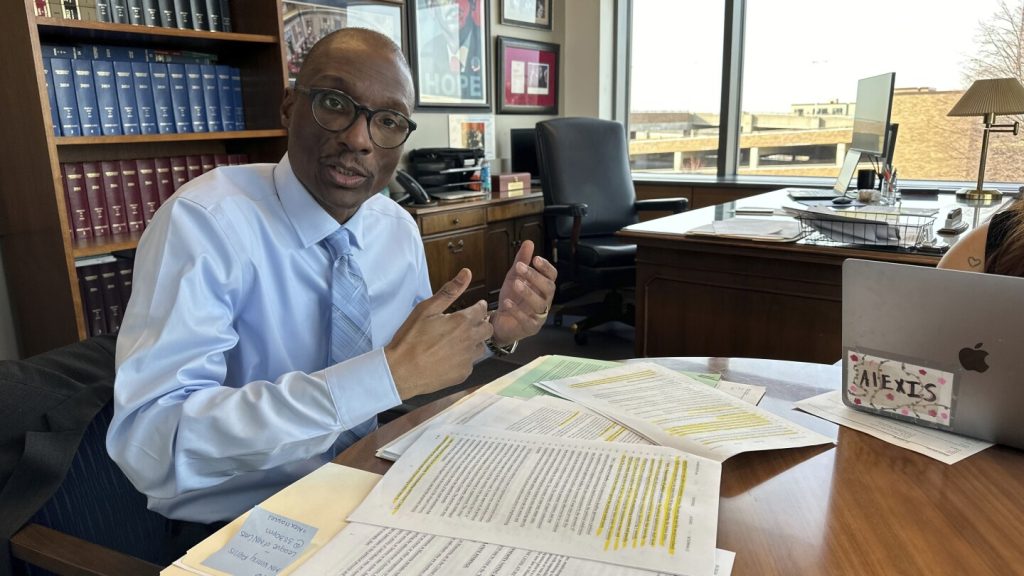In response to an appeals court ruling that weakened a key part of the Voting Rights Act, several states are enacting state-level protections to fill the gaps opened by the ruling. Democratic-led states like Minnesota, Michigan, Maryland, New Jersey, and Florida are taking action since national legislation to expand voting rights remains stalled in Congress. This comes amid Republican efforts in many states to erode voting safeguards, citing concerns about election integrity following former President Donald Trump’s false claims of voter fraud in the 2020 election. States like New York, Connecticut, Virginia, Oregon, Washington, and California have already enacted state voting rights acts.
In Minnesota, Rep. Emma Greenman felt an urgent need to act after an appeals court ruled that voters and groups could no longer sue under Section 2 of the federal Voting Rights Act, limiting lawsuits only to the U.S. attorney general. Section 2 prohibits voting practices that discriminate on the basis of race. The 1965 Voting Rights Act is considered a landmark achievement of the civil rights movement, but federal courts have chipped away at it over the years. The biggest blow was a 2013 Supreme Court ruling that eliminated the preclearance requirement for jurisdictions with a history of racial discrimination in voting, which advocates argue weakened voting rights protections.
The state-level voting rights acts being considered in various states have similarities to the New York and Connecticut laws. They aim to give voters and groups the ability to challenge laws that suppress the votes of people of color through a private right of action. Some proposals also include preclearance requirements for changes in voting procedures to ensure they do not harm voters of color. The Minnesota proposal is expected to receive floor votes soon and sponsors are cautiously optimistic about its passage. Witnesses who testified noted that while Minnesota has a progressive image on voting rights, there are still issues with county boards being disproportionately white.
Minnesota Secretary of State Steve Simon is seeking support from election officers across the country to overturn the 8th Circuit decision if the Arkansas case plaintiffs appeal to the U.S. Supreme Court. The ruling currently applies to seven states in the 8th Circuit. Advocates argue that private citizens need the ability to protect their own voting rights and that state-level protections are necessary to fill the gap left by the weakened federal Voting Rights Act. While groups representing Minnesota’s local governments support the concept, there are concerns about potential extra costs and the perceived heavy-handedness of the proposed state law among Republicans.
Democratic Gov. Tim Walz and Senate President Bobby Joe Champion of Minnesota both expressed support for the ideals of making voting easy and accessible, and protecting people’s voting rights. Champion emphasized the importance of democracy and the need for more people to vote and have their voices heard. The push for state-level voting rights acts highlights the ongoing debate around voting rights and the role of states in protecting those rights in the absence of federal legislation. Advocates see these efforts as critical for ensuring fair access to the ballot box and preventing discrimination in voting practices.


